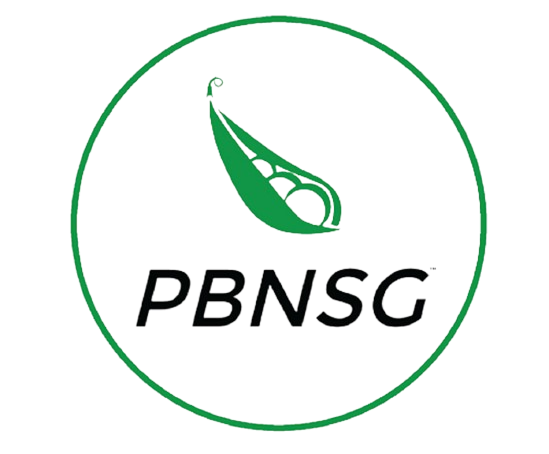The Plant-Based Gut Health Revolution: How Fiber is the Key to Optimal Digestion
In recent years, gut health has become a major focus in the wellness community, and for good reason. Research continues to highlight the critical role of the gut microbiome in digestion, immunity, and even mental health. One of the best ways to support a healthy gut? A fiber-rich, plant-based diet.
Why Gut Health Matters
Your gut is home to trillions of microorganisms that help break down food, produce essential nutrients, and protect against harmful pathogens. A balanced microbiome supports digestion, regulates inflammation, and contributes to overall well-being. However, poor dietary choices, stress, and medications can disrupt this delicate ecosystem, leading to issues like bloating, constipation, and even chronic disease.
The Fiber Connection
Fiber is a powerhouse nutrient found exclusively in plant foods, and it plays a vital role in gut health. Unlike other macronutrients, fiber passes through the digestive system largely intact, providing a food source for beneficial gut bacteria. There are two main types of fiber:
Soluble fiber: Found in foods like oats, beans, and apples, this type of fiber dissolves in water and forms a gel-like substance, which helps regulate blood sugar and lower cholesterol.
Insoluble fiber: Present in whole grains, nuts, and vegetables, insoluble fiber adds bulk to stool and promotes regular bowel movements.
A diet rich in both types of fiber fosters a diverse microbiome, which is associated with improved digestion, reduced inflammation, and better long-term health outcomes.
Plant-Based Foods for a Healthy Gut
Switching to a plant-based diet doesn’t just increase fiber intake—it also introduces a variety of prebiotic and probiotic foods that nourish gut bacteria. Some of the best options include:
Prebiotic foods: Bananas, onions, garlic, asparagus, and flaxseeds feed beneficial bacteria, helping them thrive.
Probiotic foods: Fermented plant-based options like sauerkraut, kimchi, miso, and dairy-free yogurt introduce healthy bacteria into the gut.
High-fiber foods: Lentils, chickpeas, quinoa, chia seeds, and leafy greens support digestion and regularity.
Tips for Transitioning to a Gut-Healthy, Plant-Based Diet
If you’re new to plant-based eating or want to boost your gut health, here are a few simple steps to get started:
Increase fiber gradually: Sudden fiber increases can cause bloating and discomfort, so ease into it by incorporating more fruits, vegetables, and whole grains over time.
Stay hydrated: Fiber works best when paired with adequate water intake to keep digestion smooth.
Diversify your plant foods: Eating a variety of plant-based foods ensures a broad spectrum of nutrients and beneficial bacteria.
Limit processed foods: Ultra-processed plant-based foods may lack the fiber and nutrients needed to support gut health.
The Bottom Line
A fiber-rich, plant-based diet is one of the most effective ways to promote gut health. By prioritizing whole, plant-based foods, you can cultivate a thriving microbiome that supports digestion, immunity, and overall wellness. Whether you’re fully plant-based or just looking to incorporate more plant foods into your diet, your gut will thank you!
For more plant-based nutrition tips and recipes, be sure to explore our resources at PBNSG.org!
Disclaimer: We are not health professionals. The information in this article is for educational purposes only and should not be taken as medical advice. Always consult your doctor or a healthcare professional before making any changes to your diet or health regimen.

